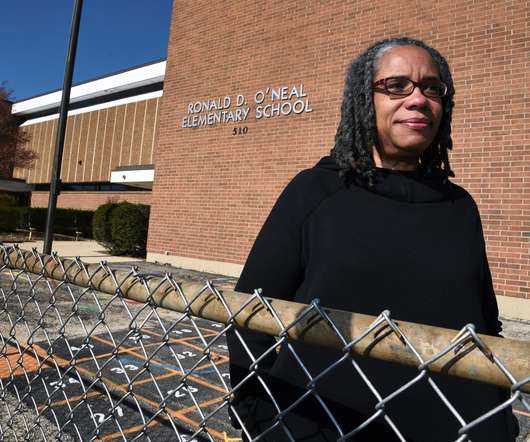Teacher Development Research Review: Keys to Educator Success
Digital Promise
JUNE 15, 2016
Teaching quality has been defined as “instruction that enables a wide range of students to learn” ( Darling-Hammond, 2012 ), and it is the strongest school-related factor that can improve student learning and achievement ( Hanushek, 2011 ; Nye, Konstantopoulos, and Hedges, 2004 ; Rivkin, Hanushek, and Kain, 2005 ).























Let's personalize your content